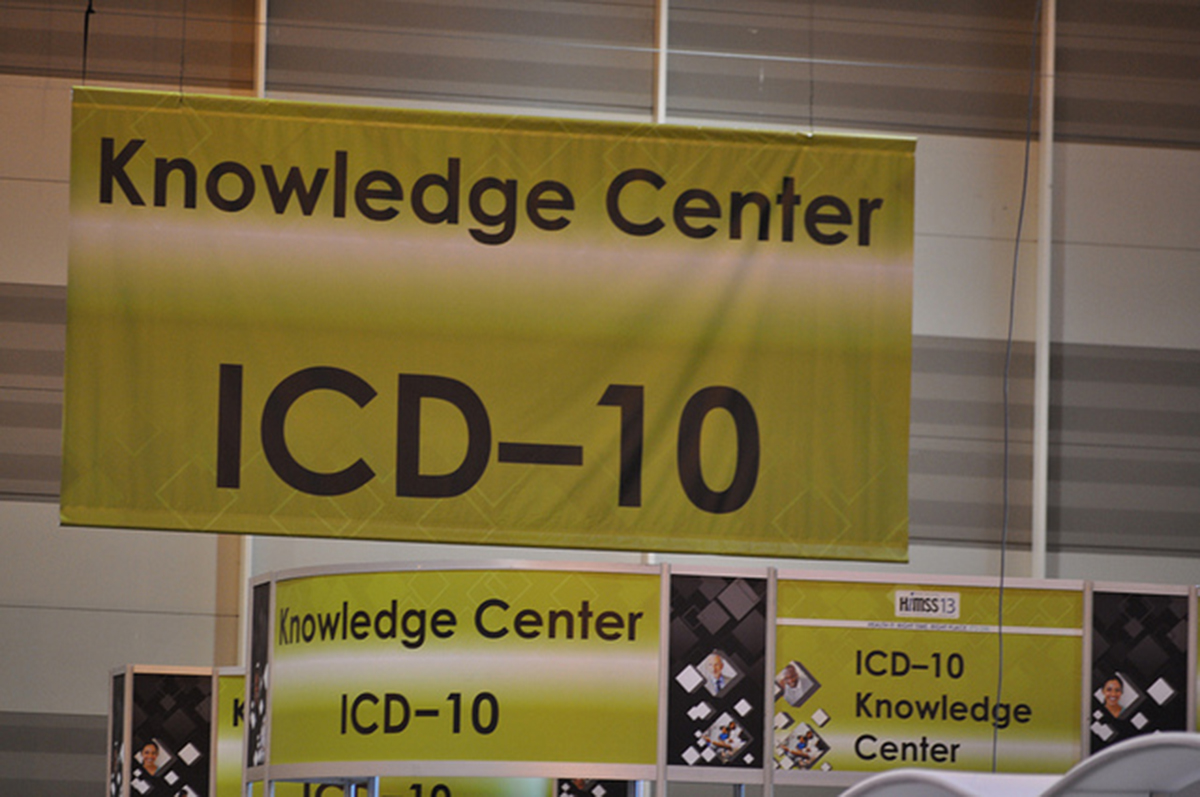Table of Contents
Under the ICD-10 — the 10th edition of the International Classification of Diseases — health officials in the United States hope to track quality of care more accurately and to identify disease outbreaks before they happen. Doctors expect a nightmare.
Much of the American medical establishment reports that it is ready for the changes in billing codes:
- 100 percent of health insurance companies report that they are ready for billing code changes.
- 90 percent of hospitals updated their coding systems. This is despite the fact that the number of billing codes for hospitals has increased from 4,000 to 87,000.
- 10 percent of doctors surveyed report they are "confident" that they are ready for ICD-10.

Many doctors are concerned that claims will not be filed properly and they will not receive payment if they do not use the new codes, or they do not use them properly. There are over 100 different codes just for gout. There are 200 different codes for diabetes. There are even 30 codes for injuries caused by terrorism.
Doctors and clinics are seeking lines of credit for three to six months while they are adjusting to the new system. Nearly all of them, of course, will continue to provide services to their patients.
The main way patients will experience difficulties due to the new medical coding system is delays in insurance preapprovals. In the United States, visits to a primary care provider never require preapproval by the insurance company. HMO plans, however, require that the primary care provider get preapproval to refer a patient to a specialist. Preapproval may also be required for certain medications and for many procedures. Physical therapy of all kinds and home health care also require preapproval under most insurance plans.
What this means is that if your doctor wants to send you to a physical therapist when you break a finger, your preapproval may be denied if the doctor fails to use the code that tells the insurance company which finger is broken or in which hand.
In the case of cancer treatment, failure to use the right code might be far more serious. Preapproval is required for chemotherapy. There are 70 ICD-10 codes for various forms of Hodgkin's lymphoma. All of these codes with "C81." To get payment for the office visit, to qualify for incentive programs, and to get the patient chemotherapy treatment, many companies will require doctors to use the exact treatment code. This isn't necessarily straightforward.
If the doctor makes a diagnosis of nodular sclerosis classical Hodgkin's lymphoma, for instance, he or she may code the cancer as found in intrathoracic lymph nodes (C81.12) or intra-abdominal lymph nodes (C81.13) when in fact the cancer in the lymph nodes of the inguinal region and lower limbs (C81.15). Getting the last digit wrong may doom the claim.
The federal government promises to be lenient with doctors for the first year, making payments if the codes are at least logical and in the right treatment group.
In the case of the Hodgkin's lymphoma case above, Medicare and Medicaid will probably make payments if the doctor at least enters "C81." However, private insurance companies are not required to be as lenient. Especially if you are insured by an HMO, expect substantial delays in getting tests, procedures, and medications approved for the next year. If you face multiple health conditions for which these delays can cause critical problems, consider signing up with a healthcare provider that does its own insurance claims, such as the Kaiser-Permanente system in California or the Baylor Scott and White plan in Texas.
- Robert Lowes. ICD-10: Countdown to a Meltdown, or a Yawn? Medscape Medical News. 24 September 2015.
- Photo courtesy of
- Photo courtesy of levydr722: https://www.flickr.com/photos/24416724@N03/8524822209/
- Photo courtesy of y BLW Photography: www.flickr.com/photos/macbeck/3985839229/


Your thoughts on this